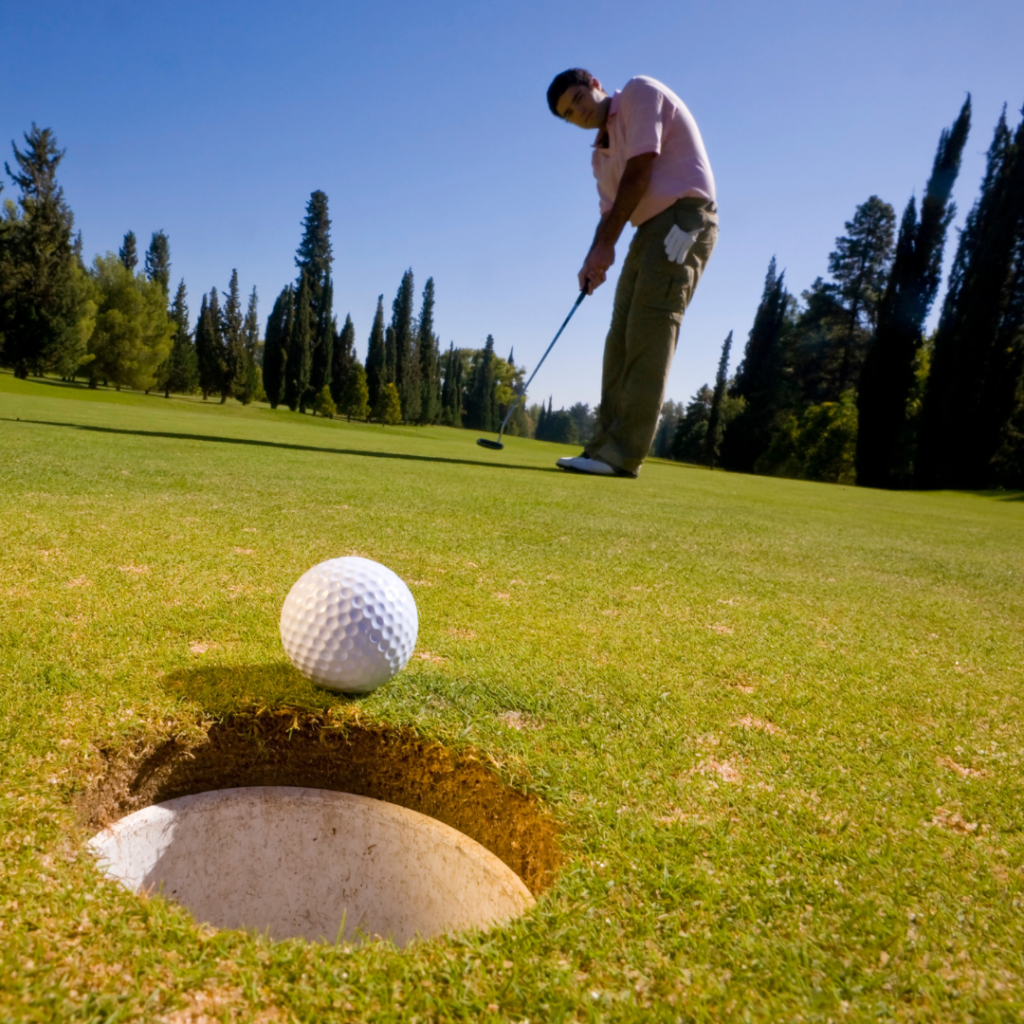The world of sports requires not only physical excellence but also mental fortitude. Athletes face immense pressure, adversity, and intense emotions during competition. The ability to effectively regulate and harness those emotions can make all the difference in achieving peak performance and personal success. In this blog post, we will explore the concept of emotional regulation in sport, diving into the latest research and providing practical strategies for athletes to optimize their mental game.
Understanding Emotional Regulation in Sport
Practical Strategies for Athletes to Master Emotional Regulation

3. Relaxation Techniques: Utilize relaxation techniques such as deep breathing, progressive muscle relaxation, or visualization exercises to calm nerves and reduce anxiety before and during competition. These techniques help regulate physiological responses associated with intense emotions.
Emotional regulation is a vital skill for athletes seeking to reach their full potential on and off the field. By leveraging the latest research and implementing the practical strategies outlined above, athletes can enhance their emotional regulation abilities, leading to improved focus, performance, and overall mental well-being. Remember, mastering emotional regulation is a journey that requires practice and persistence. Embrace the challenge and watch as your mental game elevates, opening doors to new levels of success and personal growth.

